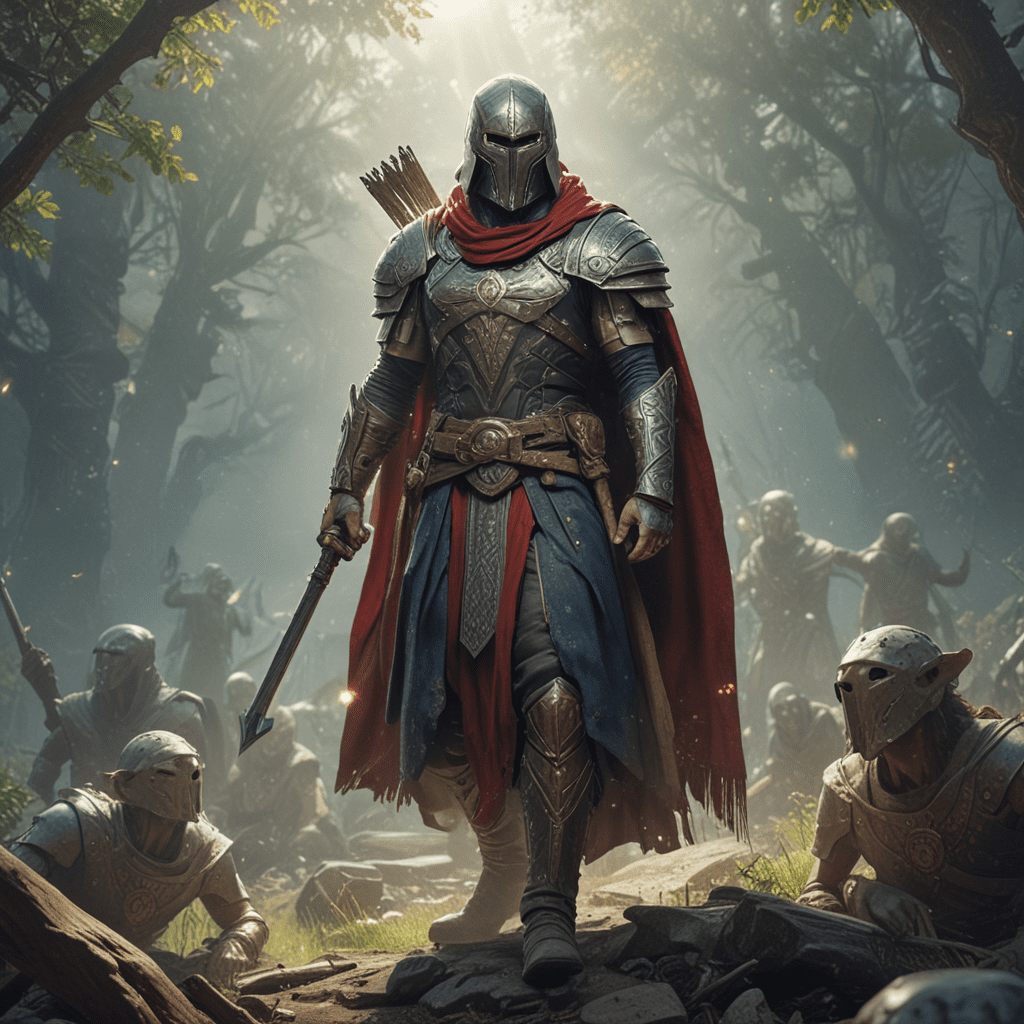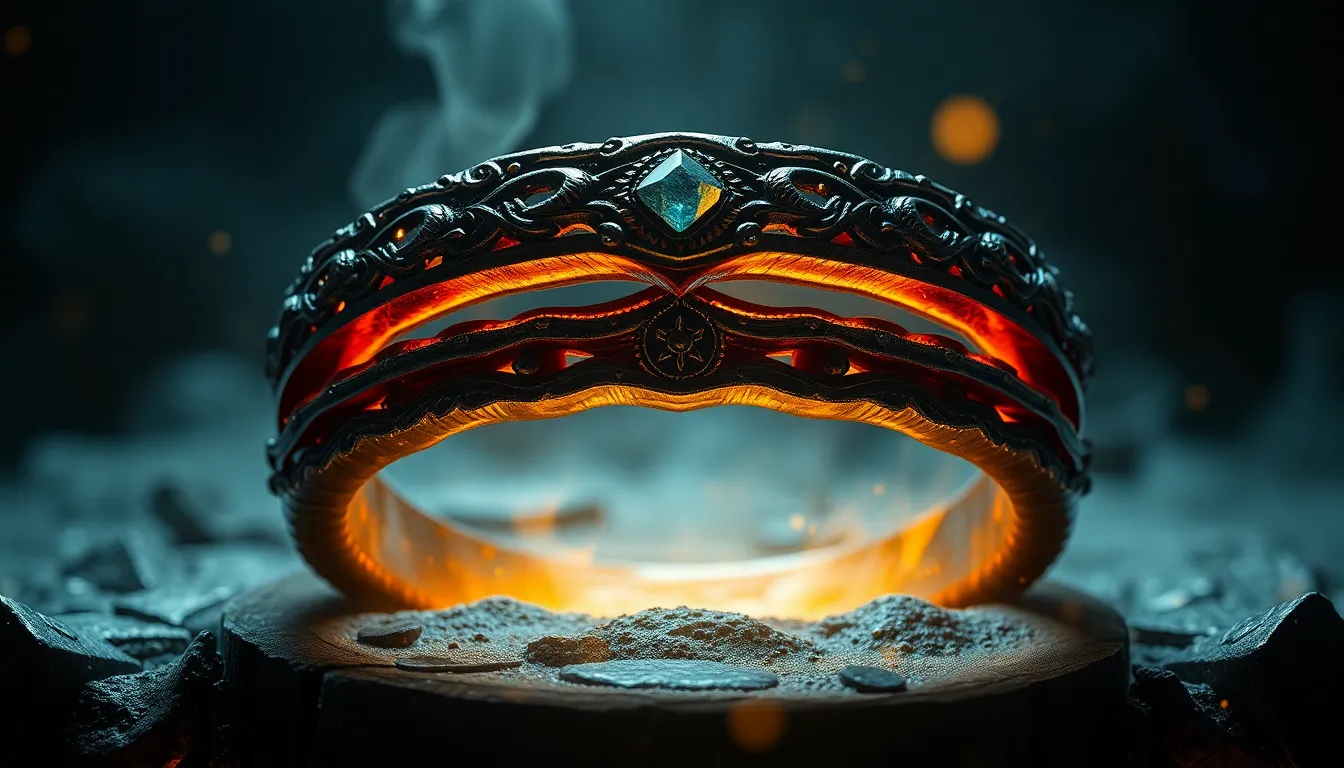The Concept of Destiny in Slavic Mythology
Introduction
Destiny, an enduring theme in human societies, holds a prominent place in Slavic mythology. This complex concept has been shaped by cultural beliefs, folklore, and religious practices, offering insights into the ancient Slavic worldview. Understanding the concept of destiny in Slavic mythology enriches our appreciation of the cultural heritage and profound beliefs of the Slavic people.
The Role of the Fates (Zorya)
The Slavic Zorya are celestial beings who personify the morning, evening, and night. They are the daughters of the star god Dazhbog and are responsible for overseeing the transition between day and night. Beyond their astronomical roles, the Zorya also play a significant role in determining human destiny. They are believed to be present at the moment of birth and are said to spin the thread of life, determining the length and quality of one's existence.
Mokosh: Goddess of Destiny and Fortune
Mokosh, the Slavic goddess of destiny and fortune, is a powerful and enigmatic figure. She is depicted as an elderly woman with gray hair, a wrinkled face, and a long, flowing gown. Mokosh presides over the realm of fate, controlling the threads of life and the distribution of luck. She is invoked in rituals and prayers to influence fortune, protect against misfortune, and guide individuals towards their destined paths.
VI. Interpreting Destiny Through Divination
Slavic mythology is rich in practices of divination, which were used to uncover the secrets of fate. Methods of divination included casting runes, examining the entrails of animals, and consulting with the wise men and women of the community. These practices were believed to provide a glimpse into the future, revealing the potential paths and outcomes of one's destiny.
VII. The Symbolism of Knots in Destiny
Knots held great significance in Slavic mythology and were believed to possess the power to alter or protect one's destiny. The tying and untying of knots was seen as a symbolic act that could influence the course of events. Knots were often used in rituals and ceremonies, such as tying the wedding knot or creating a protective amulet.
VIII. Fate as a Divine Plan vs. Personal Choices
While destiny played a significant role in Slavic beliefs, it was not seen as an absolute force. Slavic mythology emphasizes the importance of personal choices and actions in shaping one's destiny. Individuals were believed to possess the power to influence their fate through their deeds, thoughts, and intentions.
IX. Destiny in Slavic Folk Tales and Legends
Slavic folk tales and legends are filled with stories that explore the concept of destiny. These tales often involve characters who encounter challenges and obstacles, testing their resilience and ability to navigate their predetermined paths. Through these stories, Slavic mythology conveys the idea that destiny is not always straightforward and that individuals can play an active role in shaping their own outcomes.
X. The Legacy of Destiny in Modern Slavic Culture
The concept of destiny continues to influence modern Slavic culture. Many Slavic traditions, customs, and rituals reflect the belief in the interconnectedness of one's actions and their ultimate impact on life. While the notion of destiny may have evolved over time, its underlying principles of self-determination and the power of choices remain deeply ingrained in the hearts of Slavic people.
FAQ
Q: Was destiny considered a fixed and unchangeable concept in Slavic mythology?
A: No, while destiny played a significant role, personal choices and actions were also believed to influence one's fate.
Q: What was the significance of knots in Slavic mythology?
A: Knots were seen as powerful symbols that could influence destiny, with the tying and untying of knots representing the shaping of events.
Q: How did Slavic people interpret the concept of destiny?
A: Destiny was seen as a complex interplay between divine plans and personal choices, with individuals having the ability to shape their own outcomes.



